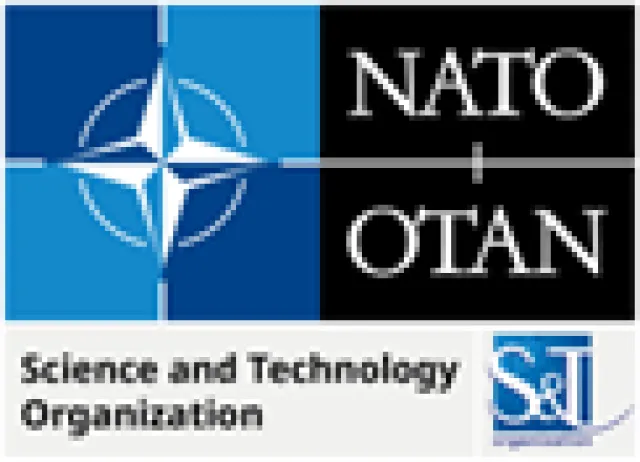Partnerships are the essence and foundation of resilience. Therefore, spaces must be created in which industry and technology can plug into civil-military structures. This is because industry and tech are critical to redundancy and robustness; “whilst deterrence is what you know, resilience concerns what you don’t”.
Societal resilience is fundamental to delivering future international resilience and this will depend upon strategic partnerships between nations, international organisations, and industry. NATO and allies can reinforce international resilience in the following ways: Engage industry in the planning and decision-making for critical national and international defence and security capabilities; establish the legal and procedural processes required to protect, leverage or mobilise populations during the transition period from peace to war; use foresight techniques to develop strategic deterrence and resilience communication plans and public messaging campaigns for future war scenarios; undertake collective training and exercising with allies and partners to test physical, digital and societal resilience, strengthen partnerships and better understand communication networks; and conduct regular continuity of government and business exercises to test the whole of society’s resilience during future war scenarios.
Two further minimum critical resilience requirements should be established: financial & economic and information & communications. Lessons from the Russo-Ukraine War also need to be documented and analysed so that best practice models can be developed and whole-of-society solutions adopted.
Julian Lindley-French
November 2024
In partnership with




